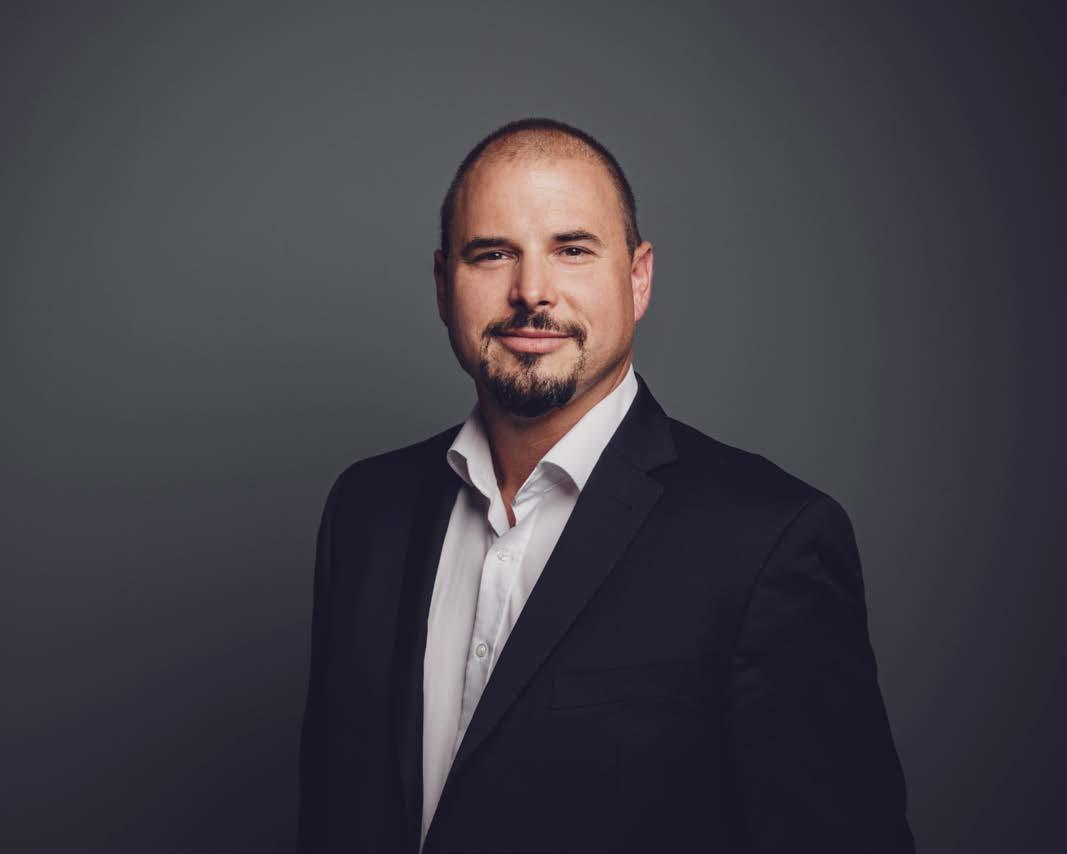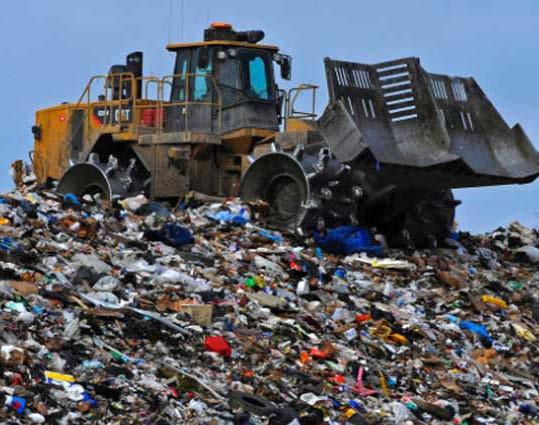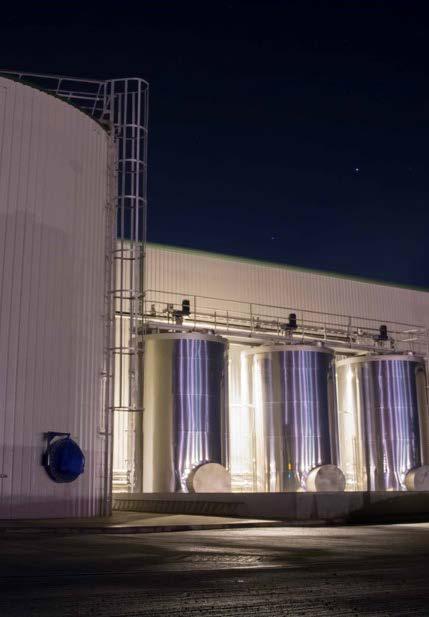
4 minute read
“Waste to energy”: not just a slogan, a real challenge for Australia
Waste Management
By Thorsten Winkler, COO of entec biopower The native German is a respected industry expert and joined the renewable energy sector in 2004. Thorsten has successfully established new businesses all around the globe.
Advertisement
These days we often hear the slogan “waste to energy” referred to in the news, but what does it actually mean? And what challenges does it present for Australia?
Up to 50% of our household waste is organic waste, although saying that, this organic fraction could have been used to create energy, eg. electricity, gas, heat or steam. As of today, the common way of disposing of waste and organic waste in Australia is putting it into landfills. At the same time, the landfills are running out of space and transport costs are increasing drastically. In some rural areas there is a shortage in electricity supply and grid stability has become an issue.
Throughout the last 20 years some companies, mainly from Europe, have developed technical solutions to effectively use the organic fractions coming from domestic waste.
At mechanical recycling facilities (known as MRFs) the organic waste is separated from the non-organic waste.
The non-organic waste, such as plastic, can then be further treated and converted to RDF – refuse-derived fuel – in order to replace fossil fuels such as coal.
Anaerobic digestion (AD) is one of the common methods used to further treat the organic portion. Under anaerobic conditions, bacteria turn organic matters into methane and carbonneutral CO2. Ingeniously, all of the effluent from an AD plant can be used as organic fertiliser.
One of the big advantages of an AD plant is the fact that anaerobic digestion is the only source of renewable energy that can easily be stored without putting huge batteries in place. Hence, one of the most remarkable features of AD and “waste to energy” is the resulting 24/7 baseload energy supply. Along with the process of recognising these advantages, there are also numerous challenges that come along with these new technologies.
The first challenge to mention is the market approach. It’s essential for a European technology supplier to team up with a local partner in Australia. Instead of competing against each other, a combination of European technologies and engineering paired with local business experience can openup doors significantly quicker. Here, organisations like the German-Australian Chamber of Industry and Commerce can support both sides.
Acceptance is another big obstacle that has to be overcome. Production of biogas (methane) is nothing dangerous, nor a new technology. However, still today, you find people being scared of these words and terms. A proper education, ideally from government bodies, needs to happen. Today, waste in the amount of 2.48 tonnes per capita and a total amount of 74.1 million tonnes of waste accrue in Australia per annum (Source: National Waste Report 2020). With an expectation that the population will grow significantly in the coming years, incentives and drivers need to be put in place to encourage these different routes to be utilised.
Specific policies can be created to support the “waste to energy” concept and allow it to reach a new level. Policies like “no organic to landfill” are quite common all around the globe. Just think about the additional landfill space created by removing the 50% organic content from the waste being dumped.
Last but not least, Australia needs to trust in the proven technologies from Europe. The more than 9000 plants built in Germany sends a very clear message. The Australian renewable energy market should focus on getting one, two or maybe three reference sites on the ground – instead of talking about the countless numbers of opportunities – and make things happen.
After five years in the making, entec biopower has successfully established a partnership with an Australian partner, who became our exclusive distributor and partner in the country. German engineering and equipment paired with the local knowledge and expertise of our partner will lead us to success in 2021.
Despite COVID19, we successfully delivered the first engineering packages for some waste-to-energy opportunities in 2020. The German-Australian Chamber of Industry and Commerce supported us in our quest to find the right partners and helped us avoid the repeated mistakes other companies from overseas have made in Australia before.
“Waste to energy” is not just a slogan – it’s already happening! One tonne of food waste can, more or less replace 1m³ of natural gas. Instead of putting organic waste, food waste and especially food-processing waste to land, let’s start using these residues as a power source effectively in Australia.


About us
Since 1979, entec has provided its national and international clients with professional solutions for the treatment of food waste and packaged food waste, as well as all sorts of organic waste streams. entec specialises in largescale projects based on the latest industrial standards. Its key clients include food processing companies, municipalities, waste management companies, renderers, slaughterhouses (abattoirs), distilleries and the fruit and vegetable industry. More than 300 established projects speak for themselves.









